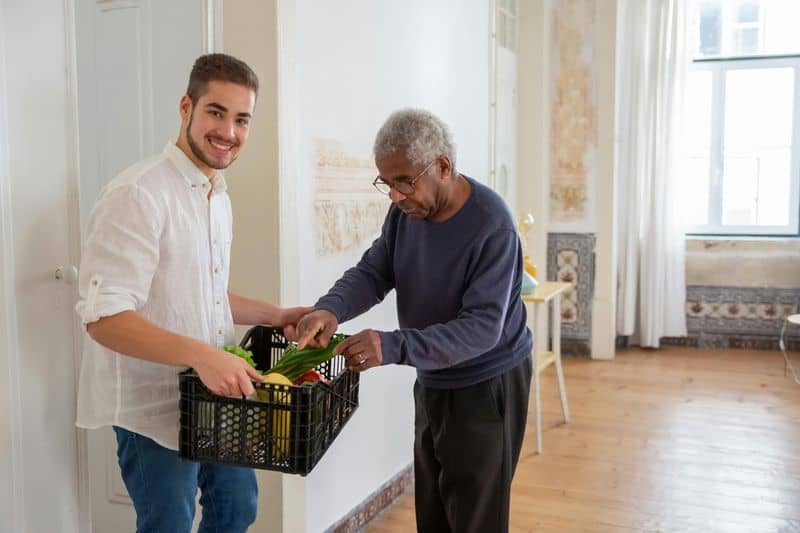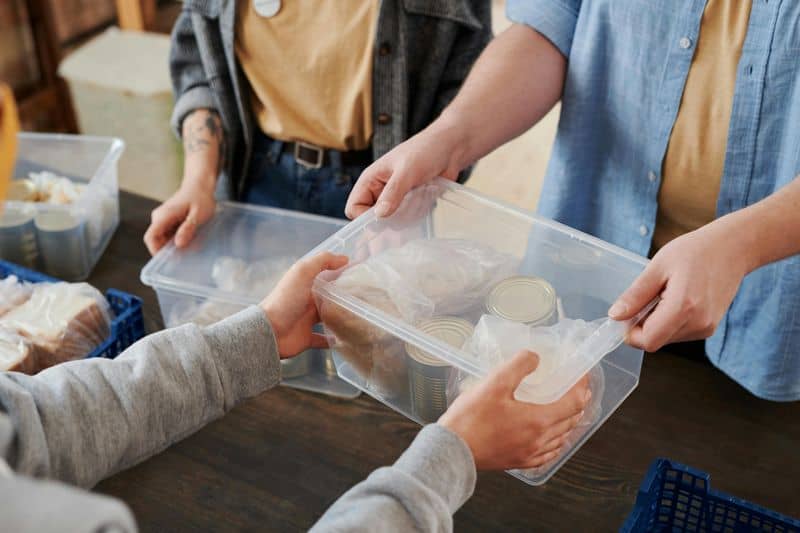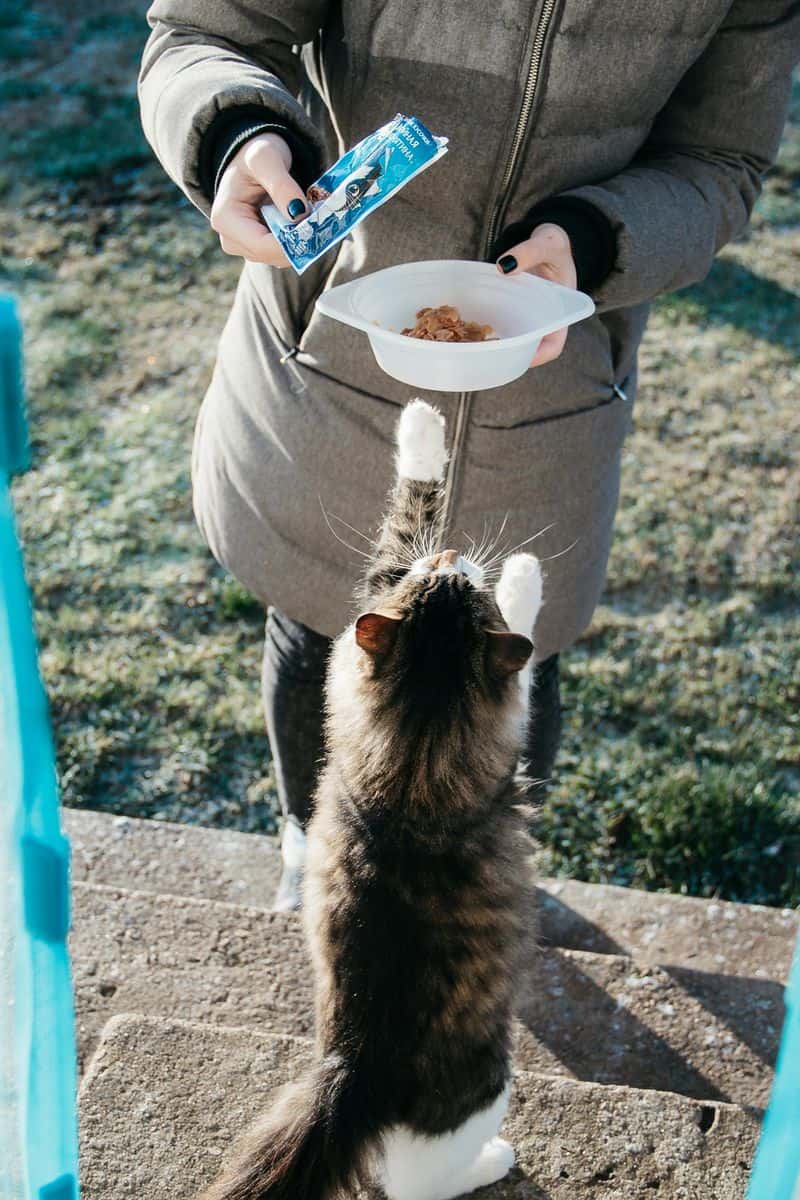Ever wonder if that super-nice coworker is actually sincere or just putting on a show? Telling real kindness from fake niceness can be tricky in a world where people often wear masks.
Understanding the difference helps us build relationships with truly good people while avoiding those who might have hidden agendas. Let’s explore what genuine kindness looks like and how to spot when someone’s just pretending.
1. They remember the little things about you
Genuinely kind people have this almost magical ability to recall tiny details you mentioned months ago. They’ll ask how your mom’s surgery went or remember your coffee order without prompting.
This isn’t about having superhuman memory—it’s about caring enough to pay attention. They store these bits of information because they genuinely value you and your experiences.
The fake version? Those who suddenly remember personal details only when they need something from you. Watch out for the person who forgets your birthday every year but miraculously recalls your love for concert tickets right before asking for a major favor!
2. Their kindness extends to everyone, not just the ‘important’ people
Watch how they treat the waiter, the janitor, or the intern. Truly kind individuals show equal respect to everyone regardless of status or what that person can do for them.
The CEO who knows the cleaning staff by name and asks about their families? That’s the real deal. Kind people understand that everyone deserves dignity and respect, period.
Red flag alert: The person who kisses up to bosses while snapping at service workers isn’t kind—they’re calculating. Their selective niceness reveals they see kindness as a currency to be spent only where it pays dividends.
3. They celebrate your wins without making it about themselves
Got a promotion? Ran your first marathon? Genuine folks cheer loudly without hijacking your moment. They ask questions, want details, and seem genuinely thrilled about your success.
There’s no hint of jealousy or immediate attempt to one-up you with their own accomplishments. They’re secure enough to let you shine without feeling threatened.
The faker’s tell? “That’s great you got promoted! It reminds me of when I got promoted TWICE in one year at my old company…” Notice how quickly they redirected the spotlight? Real kindness celebrates you without needing to grab the microphone.
4. Their help comes with zero strings attached
“Don’t worry about paying me back” isn’t just something they say—they mean it. When genuinely kind people offer help, they’re not mentally tallying favors or expecting immediate returns.
They assist because they genuinely want to make your life better, not because they’re building credit to cash in later. You’ll notice they rarely if ever mention past kindnesses they’ve shown you.
Beware the helper who keeps score! If someone frequently reminds you of all they’ve done for you or expects specific returns on their “investment,” that’s transactional behavior masquerading as kindness. True generosity doesn’t come with invoices.
5. They practice kindness even when nobody’s watching
The anonymous donation. The litter picked up when nobody’s around. The shopping cart returned in pouring rain. These small, unseen acts reveal someone’s true character.
Genuinely kind people don’t need an audience or Instagram moment to do the right thing. Their internal compass guides them regardless of whether their actions will be witnessed or praised.
The kindness performer, meanwhile, makes sure their good deeds have witnesses. They volunteer, but only if there’s a group photo opportunity. They help elderly neighbors, but somehow their social media followers always hear about it. When kindness needs applause, it’s often more about reputation than compassion.
6. They listen more than they speak
When you’re talking, are they actually present or just waiting for their turn? Authentic kind souls make you feel heard with their body language, thoughtful questions, and lack of interruptions.
They’re the rare people who put down their phones completely during conversations. Their responses show they’ve processed what you’ve said rather than just preparing their next point.
Contrast this with the person who constantly steers conversations back to themselves or checks their notifications while you’re mid-sentence. Fake listeners give themselves away with wandering eyes, quick topic changes, and that glazed look that says they’re just enduring your story until they can share theirs.
7. They apologize sincerely when they mess up
Humility is kindness’s close cousin. When genuinely kind people make mistakes, they own them quickly without defensiveness or excuses.
Their apologies sound like “I’m sorry I hurt you” not “I’m sorry you feel hurt.” They focus on understanding the impact of their actions rather than defending their intentions. Best of all, they actually change their behavior going forward.
The faker’s apology playbook? Lots of “if” statements (“I’m sorry if you were offended”), minimizing language, or dramatic self-flagellation that makes you comfort them instead. Watch for apologies that feel like performances or come with subtle blame-shifting. True remorse doesn’t need theatrics.
8. They show kindness to animals and plants
Pay attention to how someone treats beings that can offer them absolutely nothing in return. The person who gently moves a worm from the sidewalk back to soil or waters a struggling office plant reveals volumes about their character.
Genuine kindness extends to all living things, not just humans who might be useful contacts. This compassion comes from a deep respect for life itself.
The fake-kind person might roll their eyes when no one’s looking as you rescue a spider instead of squashing it. They might joke about your “weird” compassion for “just a plant” or show impatience with your dog’s needs. When kindness doesn’t extend beyond potentially beneficial human relationships, it’s worth questioning its authenticity.
9. They maintain boundaries without being mean
Contrary to popular belief, truly kind people aren’t doormats. They say no when necessary, but do so with gentleness and respect for others’ feelings.
They decline favors they can’t fulfill without elaborate excuses or making you feel bad for asking. Their boundaries are clear but delivered with care: “I can’t take that project on, but here’s who might help” instead of just “not my problem.”
The fake-nice person alternates between excessive people-pleasing and sudden harsh rejection when their patience runs out. They’ll say yes to everything until they snap, making you feel like you’ve somehow taken advantage of them. Real kindness includes honest communication about what they can and cannot give.
10. They give others the benefit of the doubt
Kind people aren’t naive, but they don’t immediately jump to negative conclusions about others’ actions. They consider context, give grace for bad days, and assume good intentions until proven otherwise.
When someone cuts them off in traffic, they think “maybe they have an emergency” rather than immediately assuming malice. This generosity of spirit creates space for others to be human and imperfect.
The counterfeit version? Those who are quick to assign negative motives to everyone else while expecting endless understanding for their own mistakes. Watch for people who habitually assume the worst about others—it often reveals more about their character than about those they’re judging.











